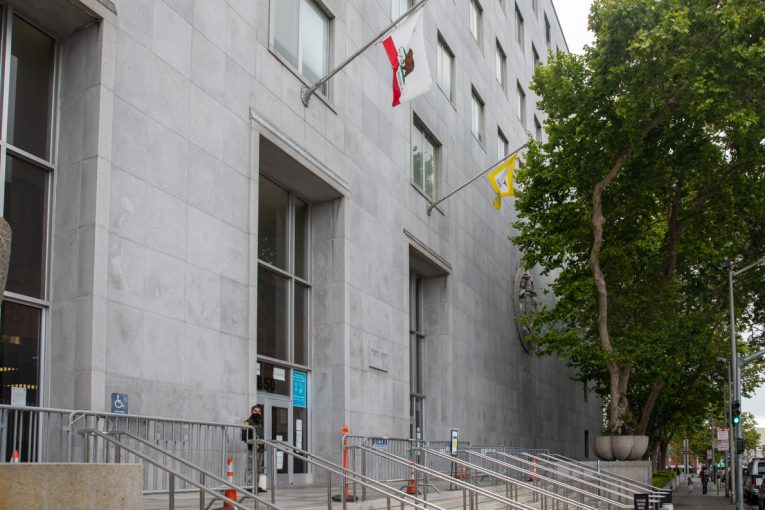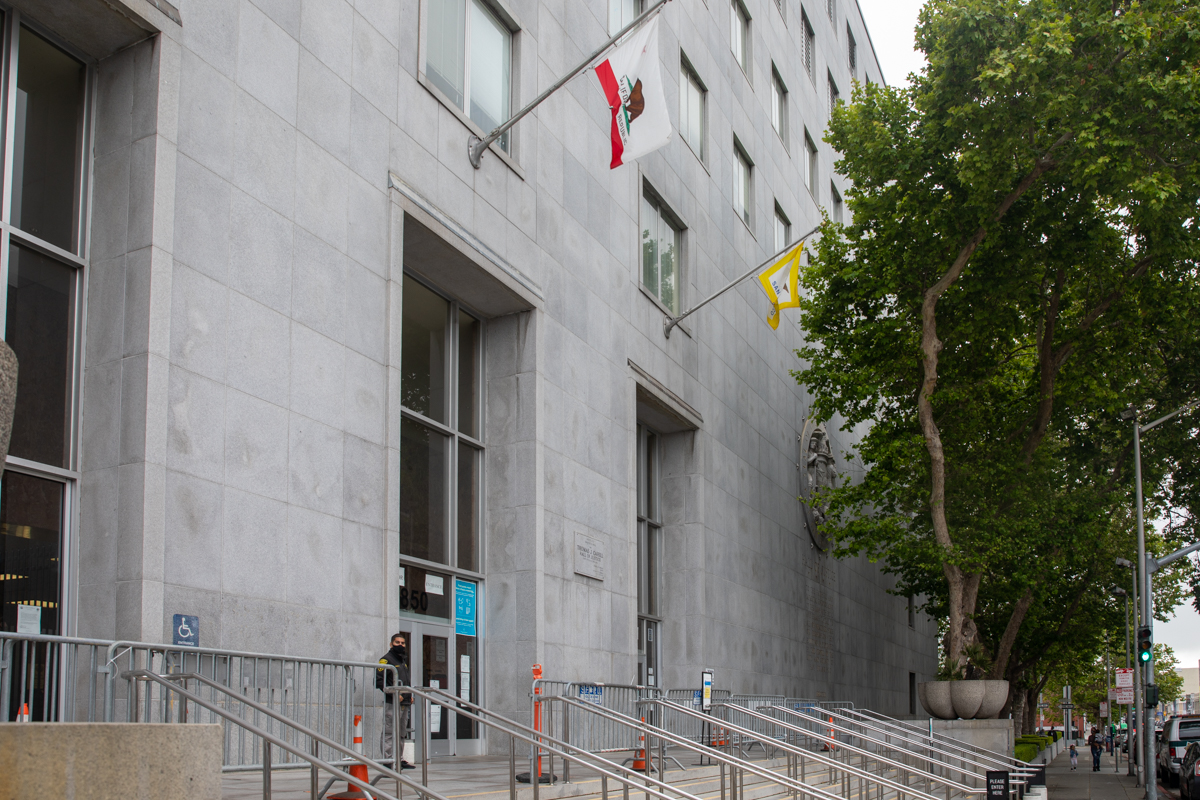
 By Greg Ritzinger
By Greg Ritzinger
SAN FRANCISCO, CA – A San Francisco County Superior Court heard a motion to suppress here Friday about a traffic stop that led to a DUI arrest. The motion failed.
On August 6, 2019, Marvin Alejandro Cruz was arrested on suspicion of driving under the influence of alcohol. According to California Highway Patrol officer testimony, Cruz was pulled over on Highway 280 because of his subtle weaving within the lane and slow speed of travel.
The motion was presented to Judge Dorfman by San Francisco Public Defender Kaitlyn Gosewehr.
The California Highway Patrolman was the sole witness. Cruz was driving a Dodge Caravan down Highway 280 on the evening of August 6, 2019. The patrolman testified that Cruz was driving between 40 miles an hour and 55 miles an hour in lane 4, the right-most lane—in a 65 mph speed limit zone.
It was the combination of these observations that caused the patrolman to initiate a traffic stop. In his testimony, the patrolman stated that any traffic stop in the evening is a possible DUI investigation.
After smelling alcohol and administering multiple field sobriety tests, Cruz was placed under arrest and brought to the station.
Attempts to submit to a preliminary alcohol screening device were unsuccessful so a warrant was obtained, and a phlebotomist was called to the station to retrieve Cruz’s blood to analyze for alcohol content.
Public Defender Gosewehr displayed Mobile Video/Audio Recording System (MVARS) footage to the courtroom. In it, she asked the patrolman to identify times the patrolman witnessed the defendant cross the lane lines.
The PD questioned the patrolman’s training around writing police reports. She pointed to discrepancies between his police report, written two years ago after the incident, and his observations during the MVARS viewing at the hearing.
In Gosewehr’s final arguments, she pointed to People v. Collins and Roe v. Maryland, both of which involved the criteria which should be present when performing a traffic stop due to swerving in a traffic lane.
Assistant District Attorney Megan Wang viewed the circumstances differently and argued that Cruz was a risk to society and was rightly pulled over.
Judge Dorfman denied the motion to suppress the evidence, noting the stop was not unconstitutional. He stated that the totality of circumstances, as described by the patrolman, allowed for a legal stop.
Aside from his DUI case moving forward, the defendant was remanded into custody on an arrest warrant signed the day before.
Cruz was ordered not to consume alcohol and his SCRAM ankle monitor had detected alcohol five times.
The defense argued that these minimal amounts in detection were a result of alcohol in a Guatemalan medication the defendant rubs on his back for back pain. Without physical evidence, Judge Dorfman said he was not persuaded.
The next hearing is set for Monday, July 26.